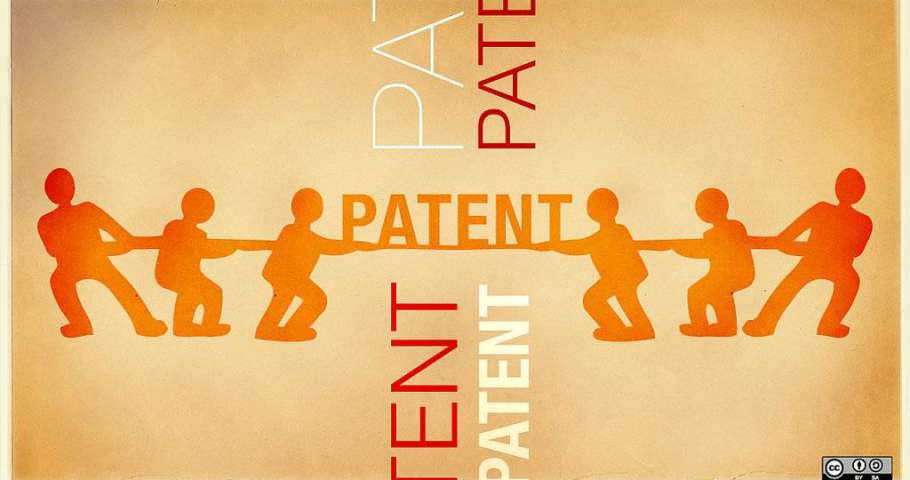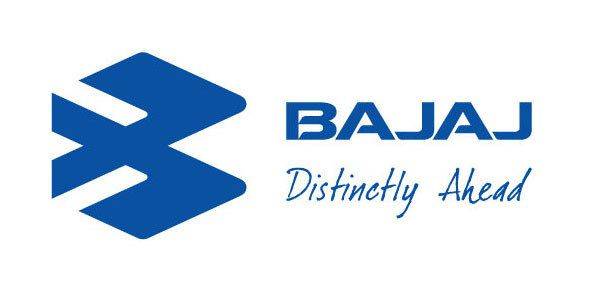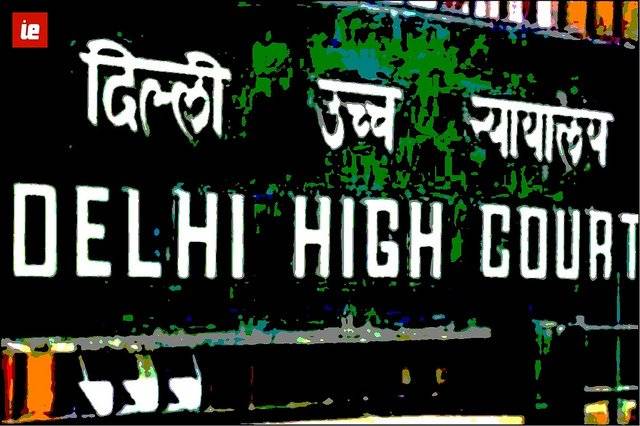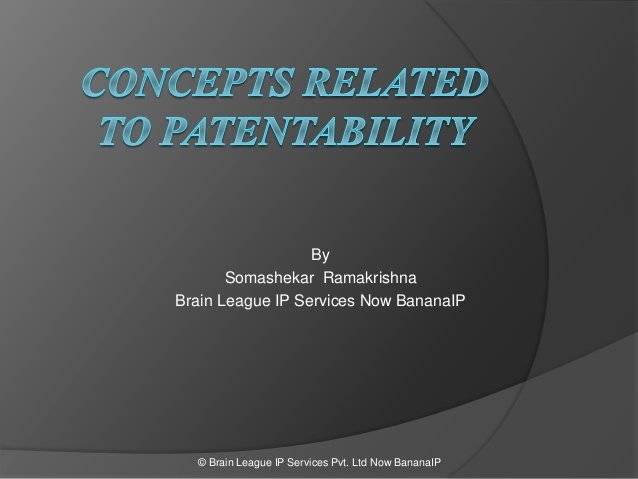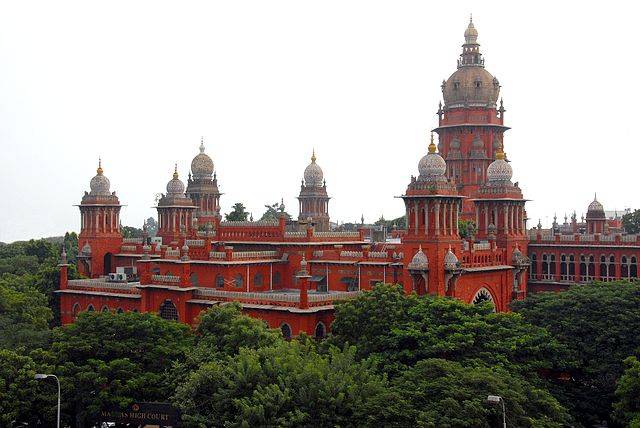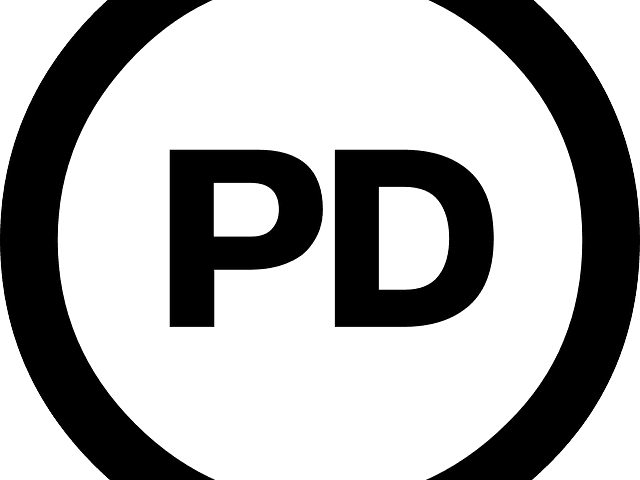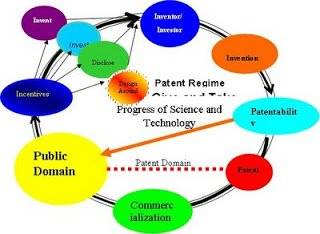First Publication Date: 14th December 2009
In a recent case involving Chemtura Corporation, Union of India and Others, the Delhi Court interpreted the scope of government use exemption under Section 47 of the Patents Act. The patent holder in the case, Chemtura, filed a patent infringement suit against Union of India and others with respect to an invention concerning side bearing pad assembly and sought a temporary injunction during the pendency of the suit. The infringement action was filed…
